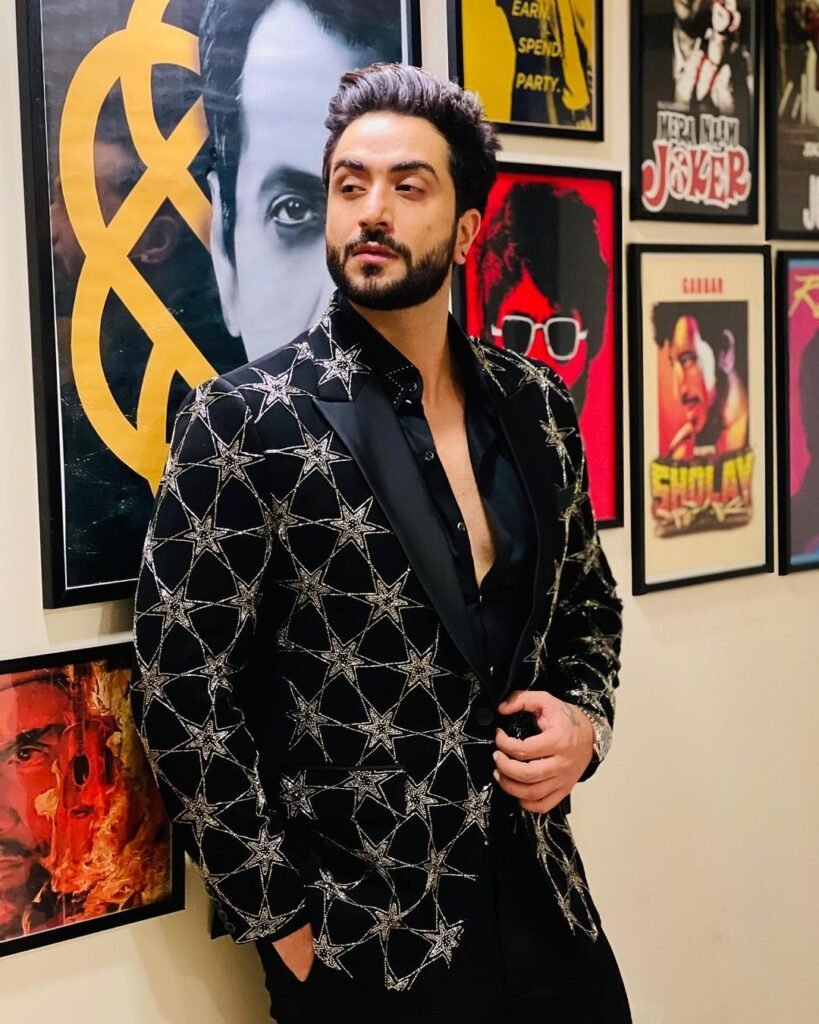
Aly Goni has made a name for himself on the small screen and there is a strong buzz that the actor will be making his Bollywood debut this year. The actor says he wants to perform roles that he can connect with easily.
He said, “The first thing I see in a script is if I can relate to the character in any way, as in if even one of the character traits is similar to me, and if I can associate to it as an audience member or not. I want to play challenging roles that I can connect with on a certain level. Something which is out of the box, pushes me out of my comfort zone but at the same time it is similar to me.”
While the buzz of him making his Bollywood debut is doing rounds, he believes that unlike TV, doing films gives an actor time to concentrate on multiple projects. He said, “Films have schedules and they are wrapped up within a particular time, but as far as daily soaps go, once you become a part of it you cannot do anything else because the TV show keeps you busy. Your whole focus should be on the TV show.”
While the popular belief is that TV actors get typecast easily, Aly doesn’t agree with it completely. He said, “If you see, film actors too get typecast. If someone plays a villain, you will mostly see them playing villains on-screen. But since TV actors are always seen or rather more frequently seen on-screen, it is easier for them to get typecast as compared to film actors.
Asked which was his favourite so far and why? “My favourite character would be Romi Bhalla in Yeh Hai Mohabbatein because it was my acting debut and then the character had many layers to it. Being my first TV show, it allowed me to explore various emotions on-screen, and I think that’s what an actor always strives for,” he concluded.
.
.
.
.
.
.











